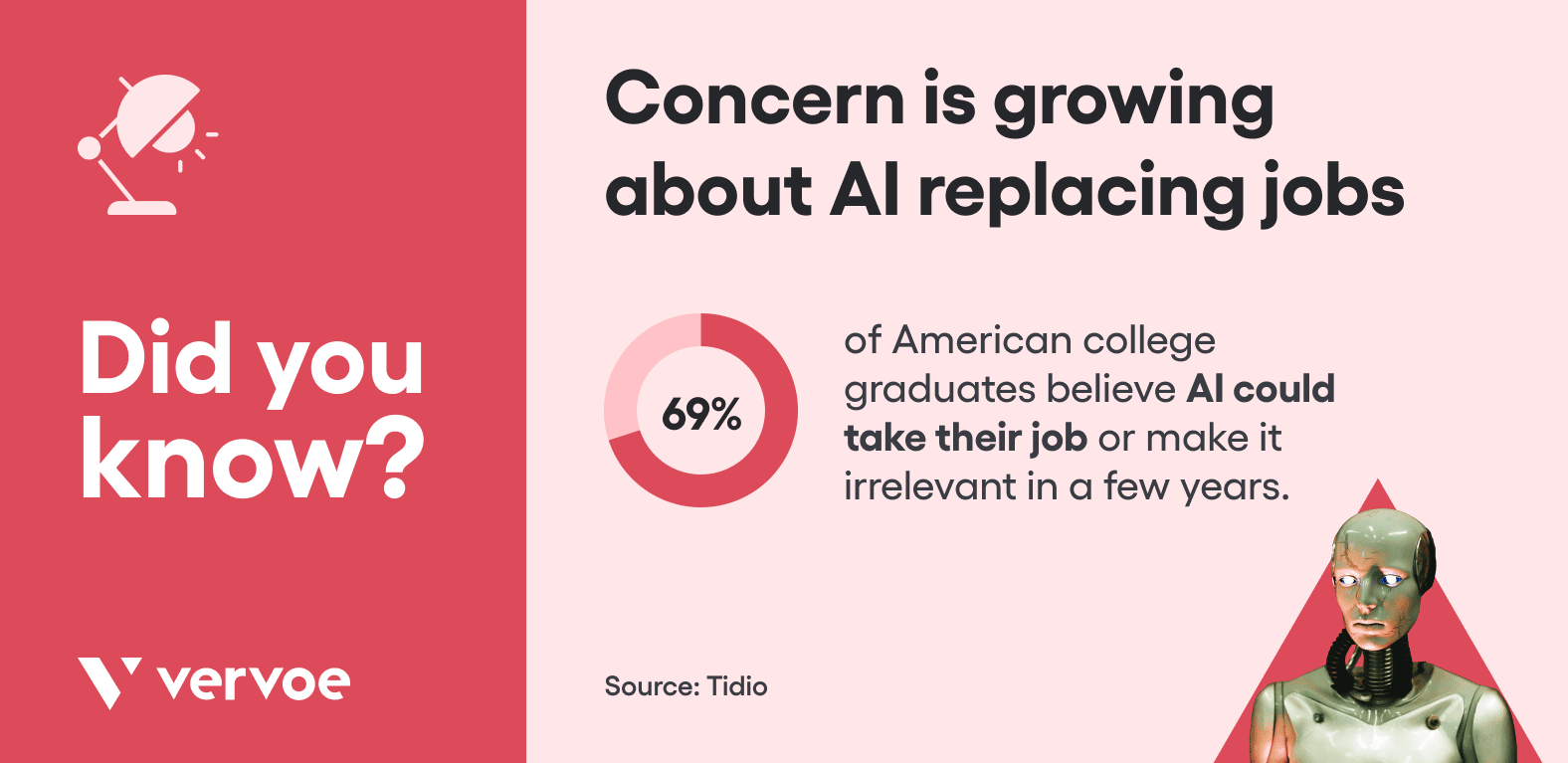AI technology has a big place in HR and recruiting departments, although many recruiters seem to have a low appetite for the technology.
In October, the Recruitment and Employment Confederation (REC) surveyed 167 senior HR professionals in different sectors. Only 8% said they had used AI at some point, and just about 3% of the respondents had plans to use AI.
AI Can Automates HR Tasks
Despite the poor headcount, AI has the potential to bring changes that would improve the hiring processes and would likely become a tool for recruiters going forward.
Recruiters usually have to sift through several applications, screen resumes, and schedule interviews to hire the right talents – a process that is both tiring and time-consuming.
These initial hiring stage procedures can all be streamlined and automated with AI.
“AI can speed up and make processes easier for HR professionals such as scheduling and personal training plans,” said Kate Shoesmith, deputy chief executive at the REC. “After all, there is nothing more productive for organisations than to hire the right person, optimise their performance and keep them.”
This is not to say that AI will completely take over the hiring processes, stealing the jobs of recruiters. In fact, the human touch remains vital and irreplaceable for a number of reasons.
Why AI Needs Humans to Hire The Right
First of all, AI can scan resumes and identify keywords, but it can’t grasp the intangible qualities of a candidate – their passion, drive, cultural fit, or ability to thrive in your specific company environment. These often come through interactions, subtle cues, and emotional intelligence, all areas where humans reign supreme.
Recruiting is ultimately about building relationships with potential employees. AI can’t replicate the human ability to connect on a personal level, build rapport, and create a positive candidate experience, which is crucial for attracting top talent and building a strong employer brand.
The human touch is critical in salary negotiations, offer discussions, and ultimately building trust and fostering a strong relationship with new hires. These are delicate processes that benefit immensely from empathy, persuasion, and understanding of individual needs.
AI cannot coach, mentor, or provide personalized career development guidance like a human can. Building strong relationships with employees and supporting their long-term growth requires human compassion, experience, and genuine interest in their success.
In conclusion, it can be said that the future of talent acquisition lies in a convergence of AI and human expertise.
AI can automate tedious tasks, provide data-driven insights, and uncover hidden talent pools. However, humans can make the final call, ensuring ethical practices and building a positive candidate experience.




